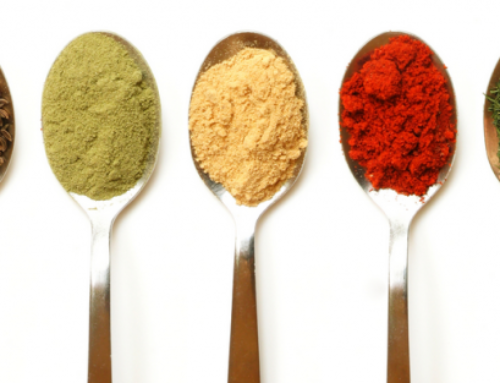Did you know untreated dry nasal passages can lead to more serious nasal health conditions that can become extremely painful? This might include minor annoyances such as restricted breathing through the nose or more serious conditions such as dry sinus pain and infection or frequent bloody noses.
What Causes Dry Nasal Passages?
The nasal passages are filled with a mucus membrane and small, hair-like structures called cilia. Together, they protect the nasal passages from debris and bacteria, however, when external conditions become too harsh, they may be damaged. The cilia can become inflamed which compromises the ability to filter bad bacteria out of the nose and the mucus membrane can dry out and crack allowing dust and other particles to be inhaled deeper into the respiratory tract.
External factors that can cause these systems to become compromised might include climate and altitude, health conditions such as Sjogren syndrome, dehydration, or allergies. It can also happen when your sinuses are compromised by other illnesses such as a cold or flu.
What Are Symptoms of Dry Nasal Passages?
Having dry sinus pain can come with other conditions that can create an undesirable experience when left untreated. In some cases, it can lead to a serious sinus infection that can last from 3-12 weeks. Symptoms of dry nasal passages include the following:
- Nose and sinus irritation
- Congestion
- Dry mouth and nose
- Throat and sinus pain
- Headache
- Nose bleeds
- Sinus infection
What Essential Oils Treat Dry Nasal Passages?
Luckily, there are several ways to deal with dry nasal passages and improve nasal health before it ever gets beyond the point of discomfort. There are several essential oils that are ideal for treating dry sinuses. Essential oils can be used either topically with a carrier oil or diffused through a diffuser. In some cases, essential oils can be ingested. However, some are toxic when ingested or applied directly to the skin so be sure to familiarize yourself with specific uses before applying or adding to food.
Baraka® Dry Nose Oil
Our Dry Nose Oil blend is specifically formulated to stimulate the cilia and relieve dry nose symptoms. It also soothes raw skin for relief from inflammation and irritation in the nose and mouth. The blend was tested in the Andes mountains to ensure that it is effective in any climate or altitude.
The blend contains cardamom oil, everlast oil, German chamomile oil, and Roman chamomile oil. Because this blend is already mixed with a carrier oil (sesame seed oil) it is safe for direct application in the nose. With the provided dropper, drop 1-2 drops directly into the nose.
Clary Sage
Clary Sage is useful for treating dry nasal passages that are brought on by bacteria or infection. According to PubMed Central, clary sage has natural antimicrobial properties that have proven effective against sinusitis, congestion, and dry nasal passages. While clary sage oil is safe to ingest and use topically when diluted, the most effective form of use for dry nasal passages is through a diffuser.
Eucalyptus Oil
Eucalyptus oil is useful for a variety of respiratory conditions so there is no surprise that it also helps with nasal health. Eucalyptus contains a compound called cineole which reduces inflammation in the sinuses, clears congestion, and stimulates healthy mucus production. It has been proven to improve sinus headaches, postnasal drip, and congestion.
Eucalyptus oil should not be applied directly to the skin without a carrier oil as it may cause a rash. For nasal issues, it is most commonly inhaled from a steam bath or diffuser.
Frankincense Oil
Frankincense oil is often combined with other oils in a diffuser to reduce inflammation and irritation brought on by dry nasal passages. While it does not treat dryness alone, it is extremely effective in treating the symptoms.
Lavender Oil
Lavender oil is a soothing oil that is used to reduce inflammation and calm the sinuses to promote natural mucus production. Lavender is often applied topically with a carrier oil or inhaled through a diffuser.
Peppermint Oil
Peppermint oil is great for clearing the sinuses and stimulating natural mucus production. It also contains menthol which is a natural pain reliever. In addition, it can help fight bacteria that cause sinus infections. Peppermint oil can cause irritation to the skin when applied directly, however, it can be inhaled through a diffuser or steam bath for sinus issues.
Rosemary Oil
Rosemary oil helps dry sinuses in two ways, by providing anti-inflammatory benefits and providing antioxidants for natural healing benefits. Rosemary oil is not intended to come in direct contact with the skin and should be used through a diffuser or with a steam bath.
Tea Tree Oil
Tea tree oil can help fight both bacterial and viral infections that cause dryness in the nose. It also has been known to reduce swelling and inflammation in the area. The oil can be used through a diffuser or steam bath.
Essential oils can be blended together to create a natural treatment that is just right for your condition. Or you can purchase blends such as our dry nose oil blend that is specially formulated for specific conditions.






Leave A Comment